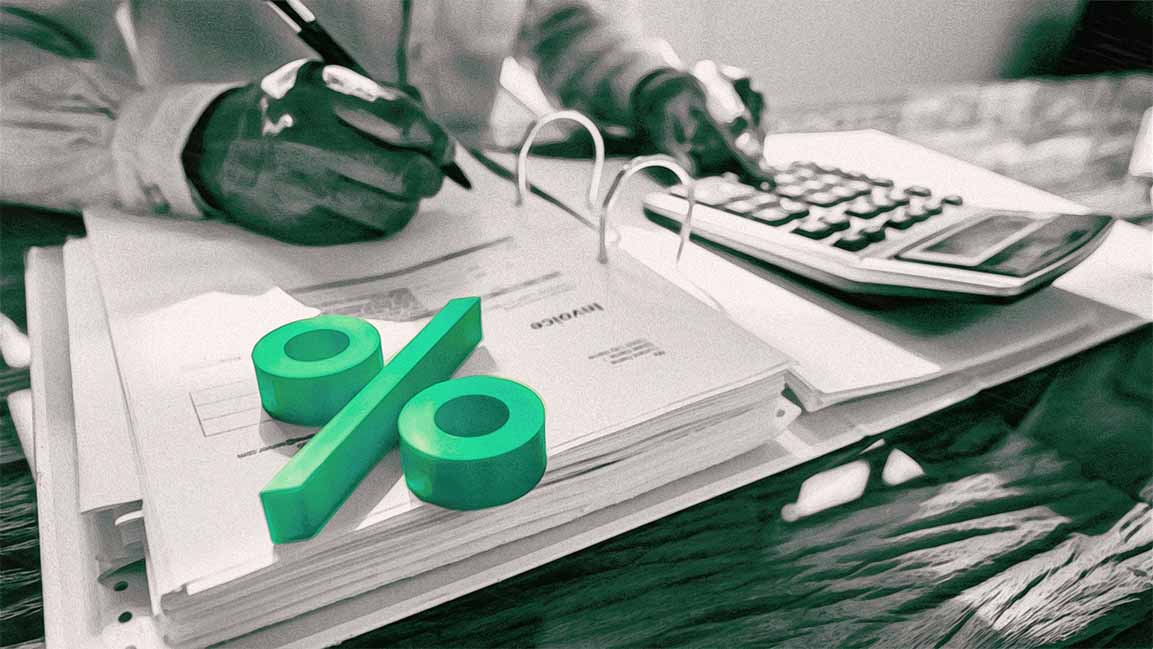- | 2:00 pm
UAE working to create a sustainable tax system
The country is actively participating in international initiatives to combat tax avoidance and evasion.

Now accepting applications for Fast Company Middle East’s Most Innovative Companies. Click here to apply.
The UAE is working to build a robust and sustainable tax system that will make the country more competitive in the global economy. The government is focusing on collaborating with other countries to achieve this goal.
On Wednesday, the UAE Ministry of Finance hosted the Pillar Two Regional Forum with the Organization for Economic Co-operation and Development to discuss the global minimum tax on base erosion and profit shifting (BEPS) and the global anti-base erosion rules (GloBE), as part of the UAE’s commitment to international taxation standards.
The forum began with an overview of the latest developments in GloBE rules, how to implement and administer them, and how they apply to sovereign wealth funds and joint ventures. This was followed by panel discussions on key issues such as the top-up tax, assessing the impact on taxpayers, and implementing the rules within local legal frameworks.
“We continue to support international efforts to address tax base erosion and profit shifting to contribute to the continuous improvement of the global economic environment,” said Mohammed bin Hadi Al Hussaini, Minister of State for Financial Affairs.
In 2018, the UAE joined the BEPS program, an international initiative to combat tax avoidance and evasion. On June 1, 2023, the UAE introduced a federal corporate tax of 9%, its first corporate tax in history.
“The UAE adopts financial and tax policies, legislation, and systems that serve its ambitious national development goals while ensuring the highest levels of transparency and preventing financial and tax malpractices,” said Al Hussaini
“This commitment is in line with the international standards necessary to manage and implement tax systems and to ensure the country’s leadership in this field,” he added.
Al Hussaini highlighted the importance of the Global Minimum Tax, a coordinated international effort to ensure that companies pay a fair share of taxes, regardless of where they are headquartered or operate. This is an important step in preventing companies from avoiding taxes by shifting their profits to low-tax jurisdictions.
In July 2021, finance ministers from the G7 agreed on a global minimum tax rate of 15%, where multinational companies will be required to pay the minimum tax rate on their profits, regardless of where they are earned.
































